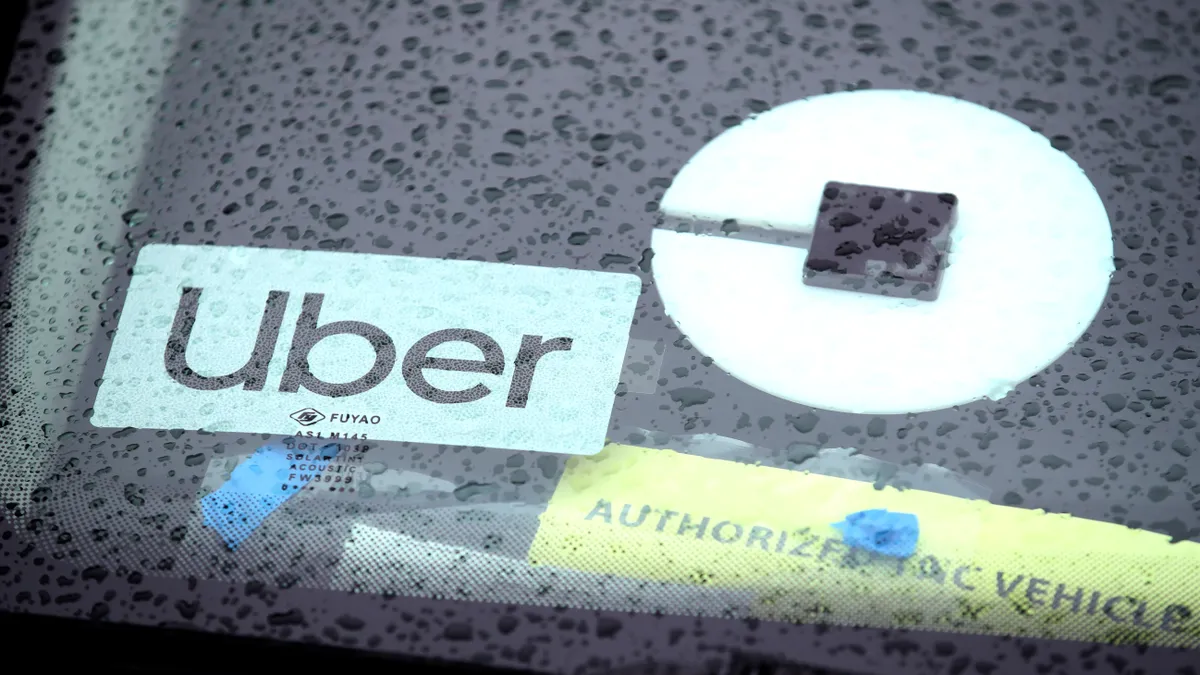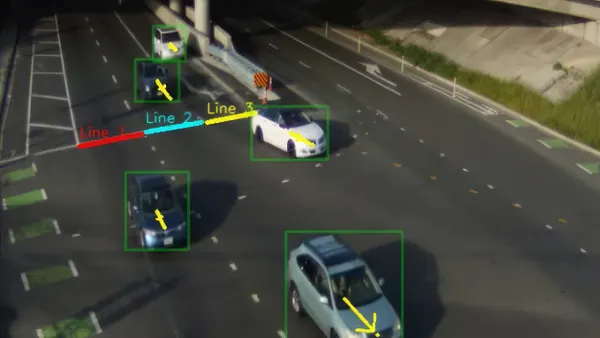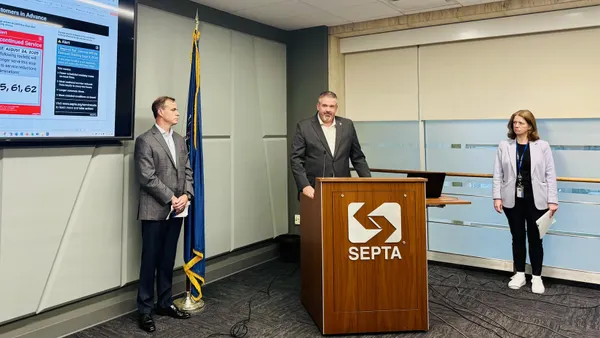As Uber grew its presence around the world from 2013 to 2017, company executives reportedly cozied up to public officials and world leaders while hiring lobbyists to influence legislation and help it avoid taxes. Those are some of the revelations of an investigation released July 10 by the International Consortium of Investigative Journalists and The Guardian that included journalists from more than 40 media partners in 29 countries.
During that five-year period, Uber revenues soared from $100 million to $7.5 billion, according to Statista. In New York City, the arrival of Uber slashed the value of taxi medallions, the permit required to own and operate a cab in the city. In city after city in the United States, UberX drivers soon carried more passengers per hour or per mile than regulated taxis, per a 2016 study from the National Bureau of Economic Research. That study also found that UberX drivers have a far higher capacity utilization rate than taxi drivers in Boston, Los Angeles, San Francisco and Seattle.
While Uber created new job opportunities, often as secondary income for drivers, ride-hailing companies have often decimated taxi industry operators. In New York City, daily ride-hailing trips are now more than five times the number of taxi trips and command an 83% share of the combined ride-hailing/taxi market, according to data from the New York Taxi and Limousine Commission.
The effect is not limited to large cities. In Portland, Maine, more than 100 taxicabs and approximately 200 drivers served the city in 2019. Today, just 55 drivers and 50 taxicabs are registered in Portland, according to a report this month in the Portland Press Herald.
Uber is now beginning to work with the taxi industry. Certain taxi technology partners announced in March that in New York City, riders using the Uber app will be able to hail yellow cabs as well. The partners plan to soon add that option to Uber operations in more U.S. cities and to roll it out worldwide by 2025.
In a statement dated July 10, Jill Hazelbaker, senior vice president of marketing and public affairs at Uber, said the company “will not make excuses for past behavior that is clearly not in line with our present values,” noting its “mistakes prior to 2017” resulted in multiple lawsuits, government investigations, and the termination of several senior executives. The company is now regulated in more than 10,000 cities worldwide, she said. “We’ve moved from an era of confrontation to one of collaboration, demonstrating a willingness to come to the table and find common ground with former opponents, including labor unions and taxi companies.”











